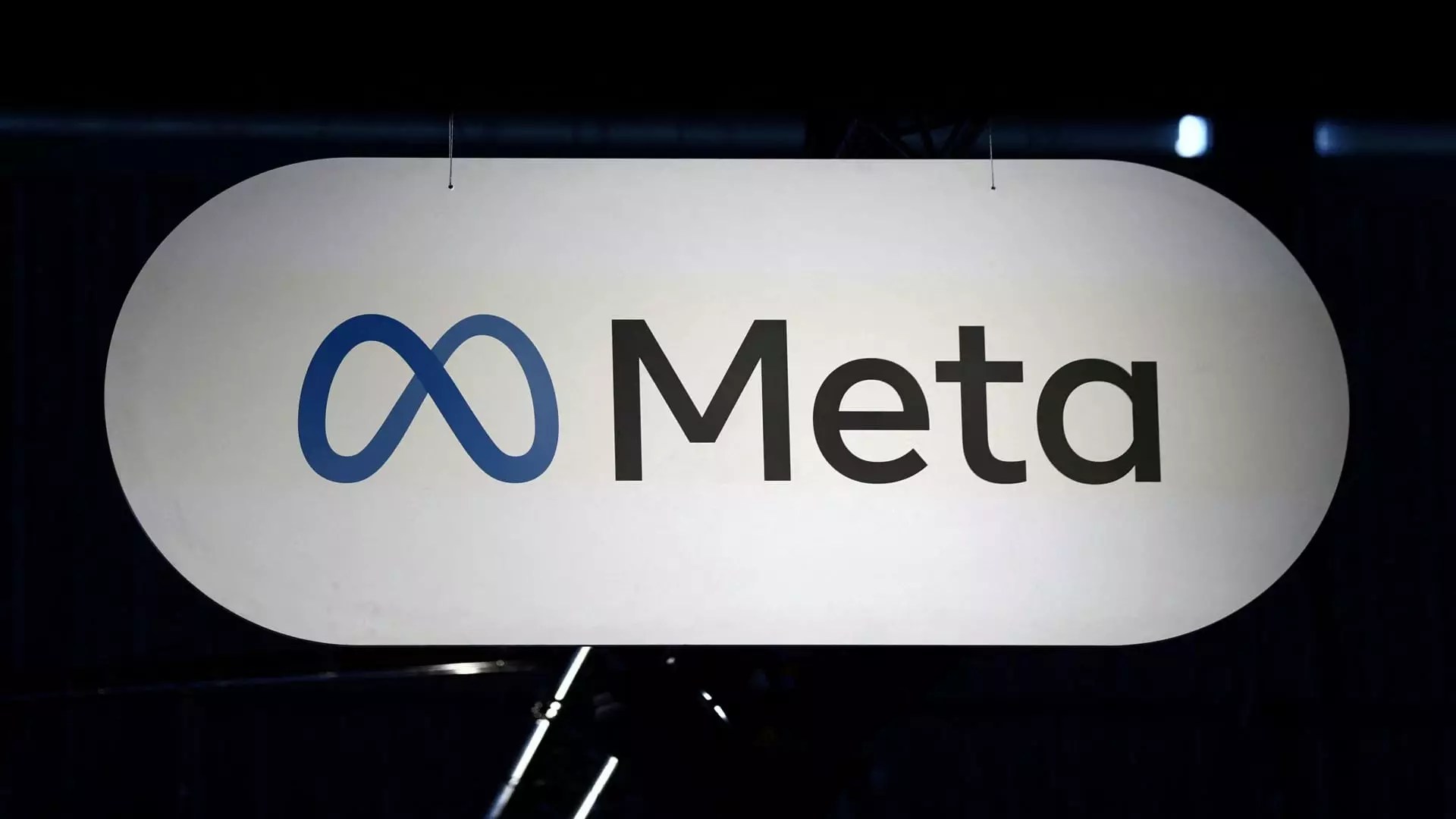Meta Platforms, once celebrated for its relentless pursuit of innovation, has unexpectedly halted its AI hiring spree—a move that has sparked both intrigue and concern among industry insiders. This pause is not merely a bureaucratic hiccup but a sign of deeper issues brewing within the tech giant’s ambitious AI ambitions. While some dismiss this as a routine organizational adjustment or a mere “resting period,” a closer examination reveals it might be the first crack in a façade built on overconfidence and unchecked optimism. The company’s aggressive acquisition of top-tier AI talent—think signing bonuses soaring up to $100 million and multi-billion-dollar stakes—was driven by a desire to dominate the future of artificial intelligence. However, mass spending of this magnitude, without a clear path to profitable application, borders on reckless. Such an uncalculated gamble resembles an empire building on shifting sands, risking not just money but the company’s credibility.
The Illusion of Infinite Progress and the Risks of Overexpansion
Meta’s internal restructuring, which divides AI efforts into four specialized teams—including efforts to develop a superintelligence dubbed the “TBD lab”—appears to be yet another attempt at playing catch-up in an AI arms race that arguably lacks a definitive endgame. The government and tech leaders alike have glorified AI as the pinnacle of modern innovation, yet the reality is far more complex. Building a machine that surpasses human intelligence is not merely a technical challenge but a philosophical one—one fraught with unforeseen consequences. Meta’s sizeable investments, including the $14.3 billion wager on Scale AI, seem driven more by fear of being left behind than by rational planning. Yet, these excessive investments risk environmental waste, inflated expectations, and ultimately, an erosion of investor trust if they don’t yield immediate or near-future profits.
The company’s motive—aiming for AI to evolve into a superintelligent entity—may misguide them into believing progress is linear and inevitable. It’s not. Overspending in hopes that AI will inevitably deliver a profit can result in a tech bubble of colossal proportions. This mirrors the broader cycle of hype and disappointment that has characterized technological revolutions before; only this time, the stakes are higher, and the risks more pronounced.
Market Sentiment and the Impact on Tech Industry Stability
The timing of Meta’s hiring freeze—a pivot amidst a broader sell-off of U.S. tech stocks—raises imperative questions about the sustainability of their aggressive AI push. Industry skeptics, like OpenAI’s Sam Altman, have expressed concerns that the AI market might be experiencing a bubble. While many analysts dismiss this notion, a cautious perspective is justified. The danger of overinvestment is real, and the consequences extend beyond Meta. As a cornerstone of the tech industry, any significant setback at Meta could destabilize confidence across the entire sector.
However, adherents argue Meta has merely entered a phase of strategic reflection—a period to consolidate and refine if necessary. They suggest that the halt is temporary, a “digestion mode” after the inflows of talent and capital. While this perspective offers comfort, it underestimates the underlying vulnerability that comes from reckless spending without tangible results. Real innovation requires patience, discipline, and a clear understanding of the limits. Meta’s recent moves might simply mean that the company recognizes the limits of its current strategy, but the question remains: Will they recalibrate with prudence, or will they double down on expensive mistakes?
The Critical Need for Balanced Innovation
Ultimately, Meta’s current stance underscores a pivotal lesson: technological innovation cannot be fueled solely by massive financial outlays and glamorous acquisitions. True progress in AI demands a balanced approach—one that recognizes the ethical, economic, and societal implications of creating superintelligent systems. A reckless chase for dominance risks not only economic downturns but could also ignite broader societal fears and resistance toward AI development.
The company’s pause, whether temporary or indicative of deeper trouble, signifies a turning point. It is a reminder that unchecked ambitions, no matter how bold or seemingly unstoppable, require grounded strategy and cautious evaluation. Failure to do so could see Meta falling into the trap of overhyping its capabilities and overestimating the speed of technological evolution. If they are to truly lead in AI, they must learn humility and restraint—qualities that seem scarce in a space driven more by hype than by pragmatic progress.

